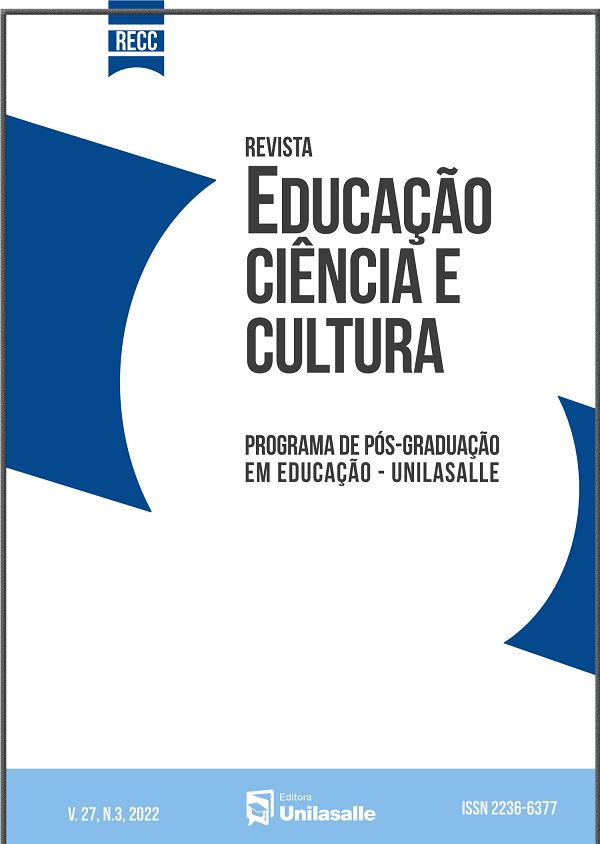¿Cómo nos acoplamos al pensamiento otro-fronterizo-de borde-liminar desde los lugares urbanos-modernos que habitamos?
DOI:
https://doi.org/10.18316/recc.v27i3.9917Palavras-chave:
Conocimiento situado, Pensamiento otro-fronterizo-borde-liminar, DescolonizaciónResumo
Este trabajo repasa las nociones de pensamiento otro-fronterizo-de borde-liminar, concepciones que en conjunto problematizan la alteridad como una de las preocupaciones centrales de la antropología y las ciencias sociales en general, y del pensar decolonial en particular nuestros días, con el objetivo de problematizar cómo nos relacionamos/acoplamos a estas nociones de manera situada, desde nuestras trayectorias y limitaciones, quienes vivimos en contextos urbanos-modernos, distantes de poblaciones campesinas e indígenas. No obstante, es posible descolonizar nuestra imaginación y acoplarnos a formas otras de vivir, sin romantizar ni migrar a experiencias y trayectorias que no nos habitan.
Downloads
Publicado
Edição
Seção
Licença
Autores que submetem seus manuscritos para serem publicados nesta revista concordam com os seguintes termos:
Autores mantém os direitos autorais e concedem à revista o direito de primeira publicação, com o trabalho simultaneamente licenciado sob a Licença Creative Commons Attribution que permite o compartilhamento do trabalho com reconhecimento da autoria e publicação inicial nesta revista.
- Em virtude dos artigos aparecerem nesta revista de acesso público, os artigos são de uso gratuito, com atribuições próprias, em aplicações educacionais e não-comerciais.
O Periódico Revista de Educação, Ciência e Cultura em http://www.revistas.unilasalle.edu.br/index.php/Educacao foi licenciada com uma Licença Creative Commons - Atribuição - Uso Não Comercial 3.0 Não Adaptada.


